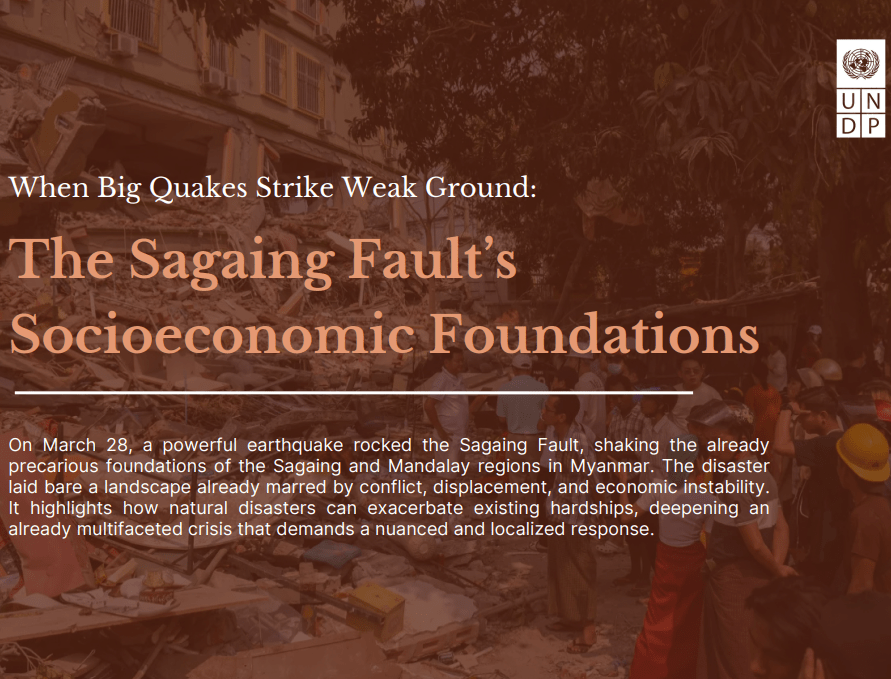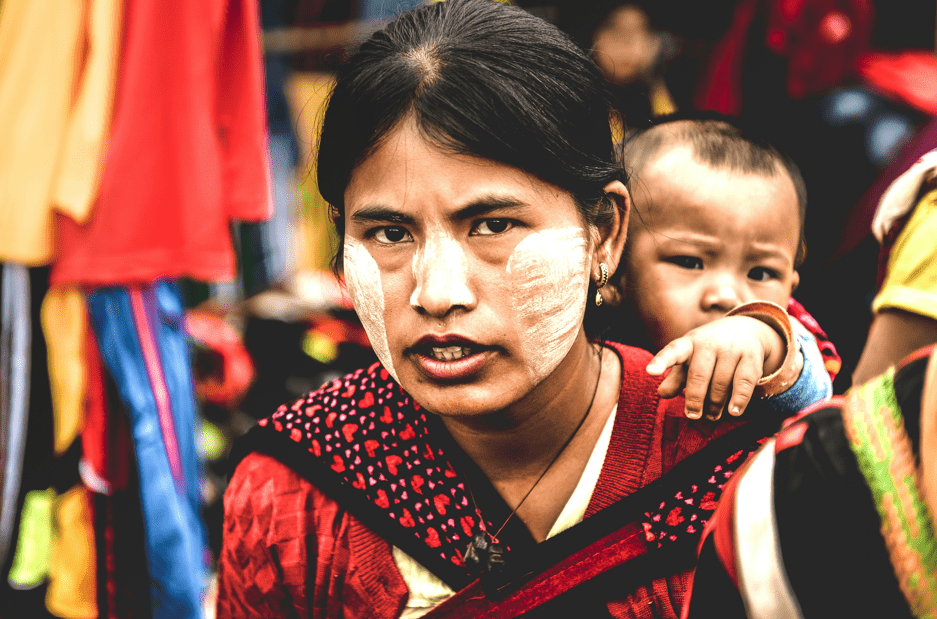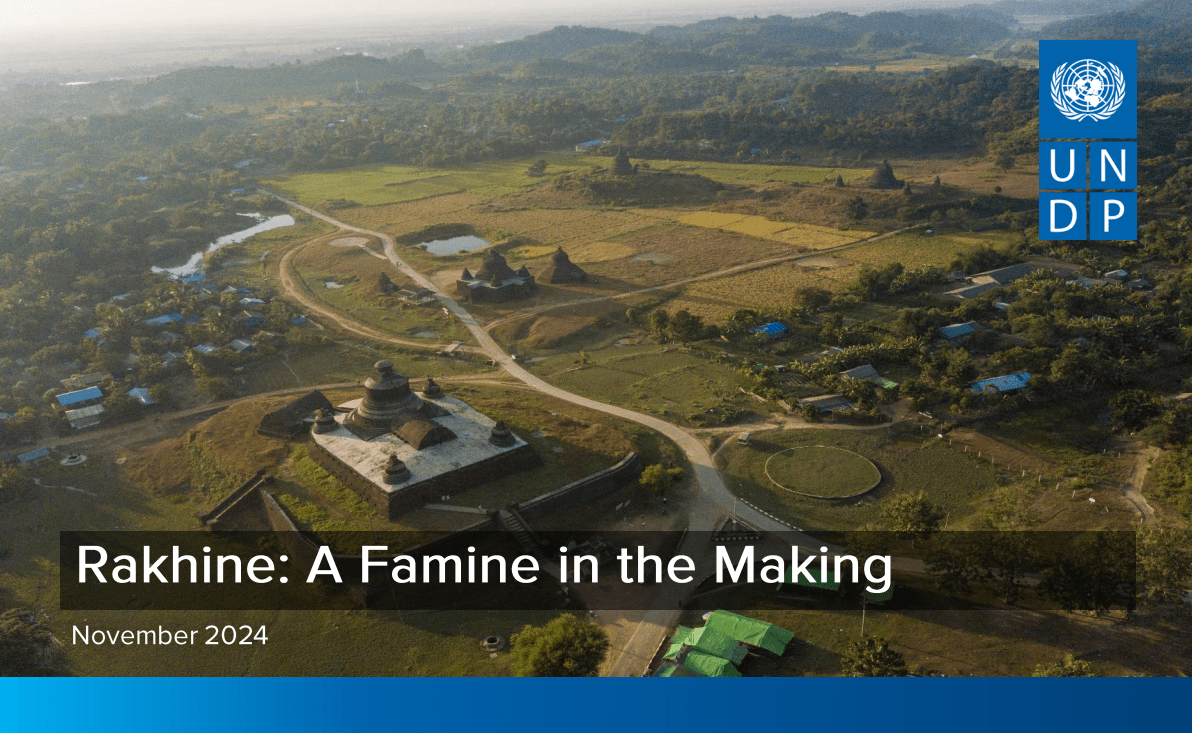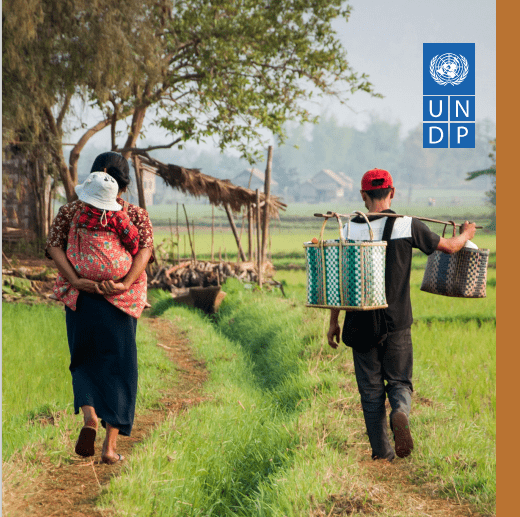
The Sagaing Fault’s Socioeconomic Foundations
While the earthquake delivered a sudden and devastating blow, it did so upon a foundation already weakened by years of systemic fragility. Both Sagaing and



The report highlights the need for active international engagement and negotiation with all parties involved to help Myanmar navigate through its current challenges. A more stable and peaceful Myanmar, thriving on a legal economy, protecting its human and natural resource assets, and investing in the safety and prosperity of all its people, is also in the self-interest of its neighbors and the international community at large. This comprehensive analysis underscores the urgency of coordinated efforts to address the deepening crises and pave the way for a resilient and prosperous future for Myanmar.
The conflict and socio-economic crisis in Myanmar are rapidly degrading the country’s human capital. Poverty and rising costs have forced families to cut spending on essential services like healthcare, education, and nutrition. Nearly 25% of children are out of school, healthcare access is severely limited, especially in regions like Chin State, and a mass exodus of skilled workers is weakening the nation’s capacity. Without immediate action, Myanmar faces a long-term loss of its human capital. This report, based on the 2023 People’s Pulse Survey, highlights these challenges and offers solutions.
Rakhine is on the verge of an unprecedented disaster due to a combination of interlinked issues. Restrictions on goods entering Rakhine, both internationally and domestically, have led to a severe lack of income, hyperinflation, and significantly reduced domestic food production. Essential services and a social safety net are almost non-existent, leaving an already vulnerable population at risk of collapse in the coming months.
This report presents analysis based on data collected by UNDP in 2023 and 2024, through direct data collection, stakeholder interviews, and surveys. It shows that Rakhine’s economy has nearly stopped functioning. Critical sectors such as trade, agriculture, and construction are at a standstill. Export-oriented, agro-based livelihoods are disappearing as markets become inaccessible due to blockades. The construction sector, a major employer, is shutting down because imports of cement have stopped, causing prices to skyrocket.

While the earthquake delivered a sudden and devastating blow, it did so upon a foundation already weakened by years of systemic fragility. Both Sagaing and

Myanmar is grappling with an unprecedented “polycrisis” that has reshaped every aspect of life over the past four years. This report delves into the multifaceted

Rakhine is on the verge of an unprecedented disaster due to a combination of interlinked issues. Restrictions on goods entering Rakhine, both internationally and domestically,

In the wake of political and economic instability, migration within Myanmar is becoming an increasingly common strategy for survival. This report offers a comprehensive analysis




